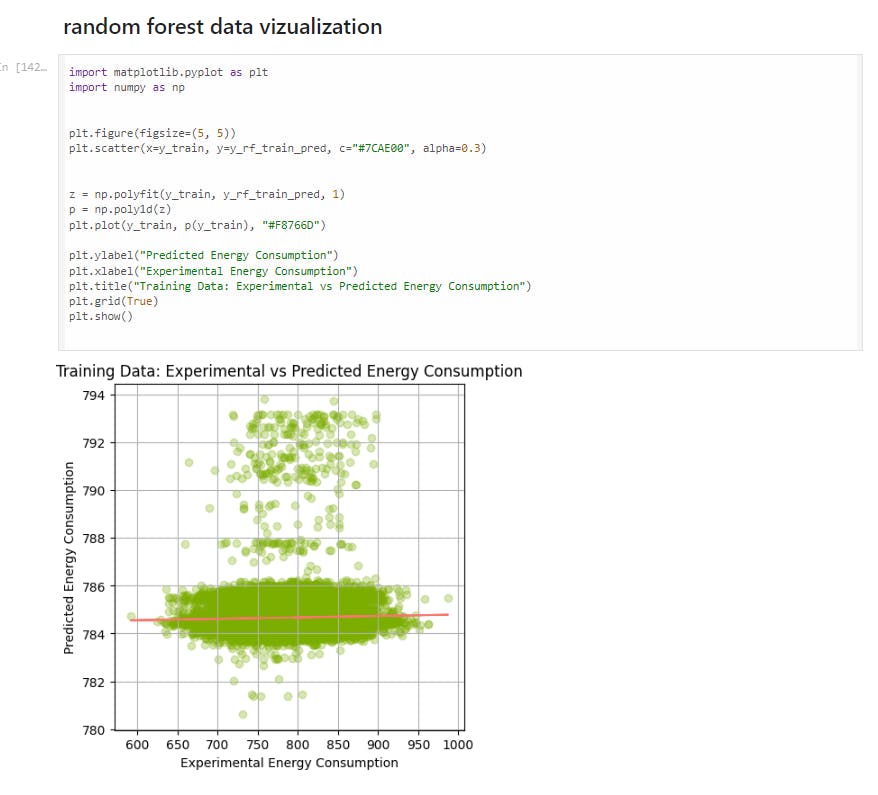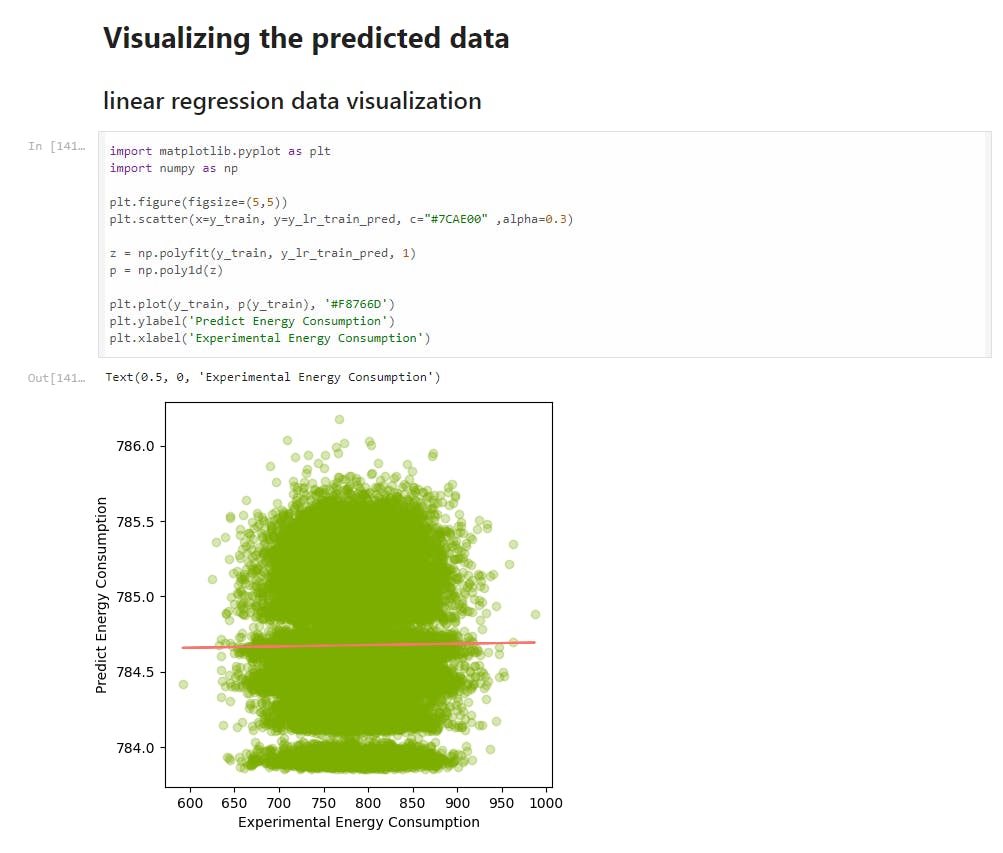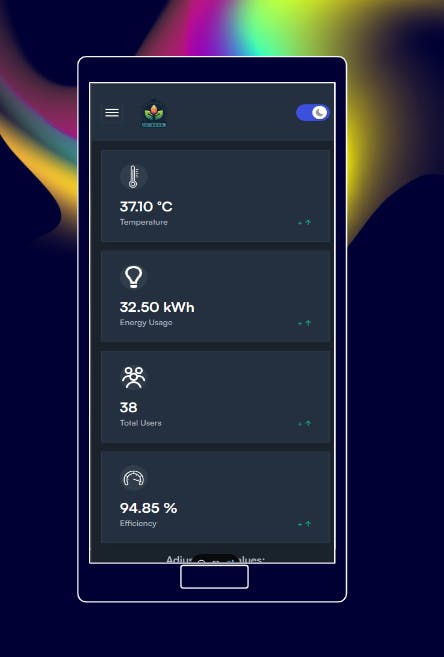Eco Intelligence (TechnataHacks'24)
Thursday, October 10, 2024
The Eco Intelligence Dashboard, created for Technata Hacks 2024, is an interactive platform designed to optimize energy efficiency in IT infrastructure, specifically focusing on router heat dissipation and energy consumption. Developed using Next.js, the dashboard provides real-time data visualization with AI-driven insights, helping users monitor and optimize energy use across large IT hubs like Kanata North. I trained my first-ever machine learning model—a random forest regressor—to predict energy consumption based on heat data from routers, and integrated the model into the dashboard via an API to showcase real-time predictions. The platform's visually engaging interface, featuring components like sliders and charts, makes it easy for users to track energy performance and savings in real time, offering a practical solution to energy inefficiency in tech infrastructure.

- Problem Identification: Recognized the excessive energy consumption and heat waste from continuously running routers in large IT hubs, specifically in Kanata North Technology Park.
- Solution Concept: Designed an AI-powered system to manage routers dynamically, turning them off when not in use and repurposing the heat generated by active routers for cooling systems.
- Data Collection: Simulated network traffic using publicly available datasets to train the machine learning models.
- Model Training:
- Linear Regression: Trained to predict continuous traffic trends and bandwidth usage.Random Forest Regressor: Used to determine when routers should be powered on or off based on non-linear traffic patterns.


- Frontend Development: Built a web dashboard using Next.js to display router activity, energy savings, and heat management data. Integrated smooth animations using GSAP.
- Backend & API Integration: Developed a RESTful API to connect the trained models with the frontend, enabling real-time data predictions and updates.
- Challenges: Overcame data simulation issues, real-time synchronization of predictions, and conceptual heat management integration.
- Final Outcome: Presented the working AI solution, winning third prize at TechnataHacks 2024, showcasing its potential for energy-saving applications in IT infrastructure.
